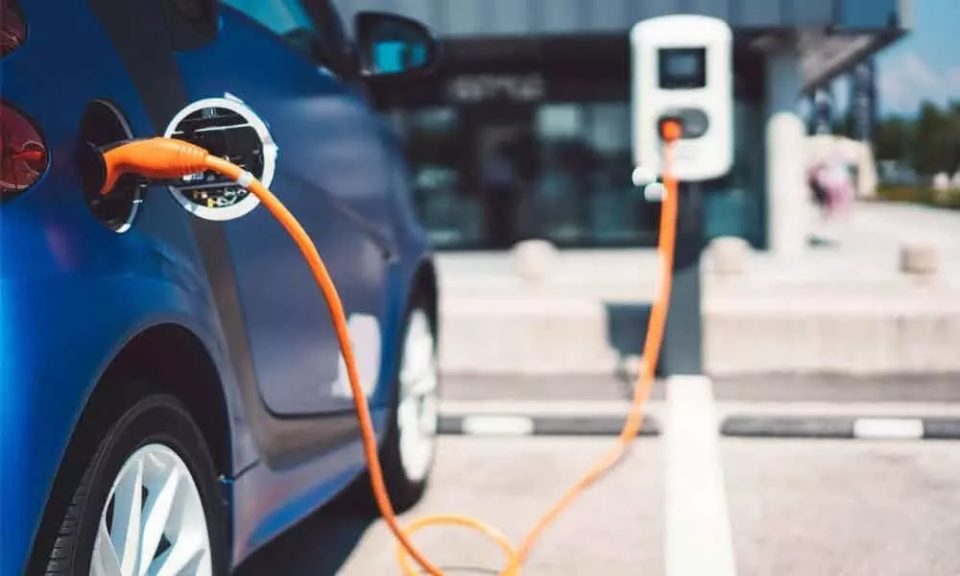Electric vehicles (EVs) have been touted as the future of transportation, with their reduced emissions and improved efficiency. However, the adoption of EVs in rural areas has been slower than in urban areas. Here, we explore the challenges of EV adoption in rural areas and possible solutions to overcome them.
Challenges of Electric Vehicle Adoption in Rural Areas
- Range anxiety: EVs have limited range, and rural areas often have fewer charging stations. This can lead to range anxiety among potential EV buyers, who may be concerned about getting stranded without a charging station nearby.
- High upfront costs: EVs are more expensive than traditional gasoline vehicles, and rural areas often have lower incomes and fewer incentives for EV purchases. This can make EVs unaffordable for many rural residents.
- Lack of infrastructure: Rural areas often lack the necessary infrastructure for EV charging, such as charging stations and grid upgrades. This can make it difficult for EV owners to find a place to charge their vehicles.
- Distance to services: Rural areas often have longer distances to travel for essential services such as grocery stores, healthcare, and work. This can make EVs less practical for daily use.
Solutions for Electric Vehicle Adoption in Rural Areas
Despite the challenges, there are solutions that can help overcome the barriers to EV adoption in rural areas.
- Government incentives: Governments can provide incentives for EV purchases, such as tax rebates and grants for charging stations. This can make EVs more affordable for rural residents and encourage the development of charging infrastructure.
- Community charging: Communities can come together to install charging stations in public areas, such as town centers and parks. This can provide a convenient and accessible charging option for EV owners.
- Improved infrastructure: Governments and utility companies can invest in grid upgrades to support EV charging and renewable energy sources. This can make EVs more practical and reliable in rural areas.
- Education and outreach: Educating rural residents about the benefits of EVs and their practicality in rural areas can help overcome misconceptions and encourage adoption. Outreach efforts can include test drive events, information sessions, and partnerships with local businesses and organizations.
The challenges of EV adoption in rural areas are significant, but with the right incentives, infrastructure, and education, EVs can become a practical and sustainable transportation option for rural residents. By working together to overcome these challenges, we can create a cleaner, more efficient, and more equitable future for transportation.

